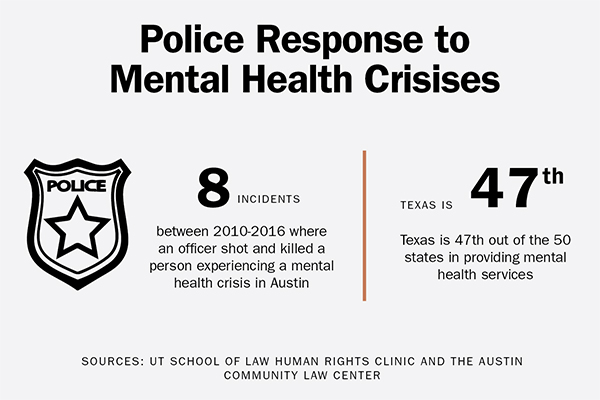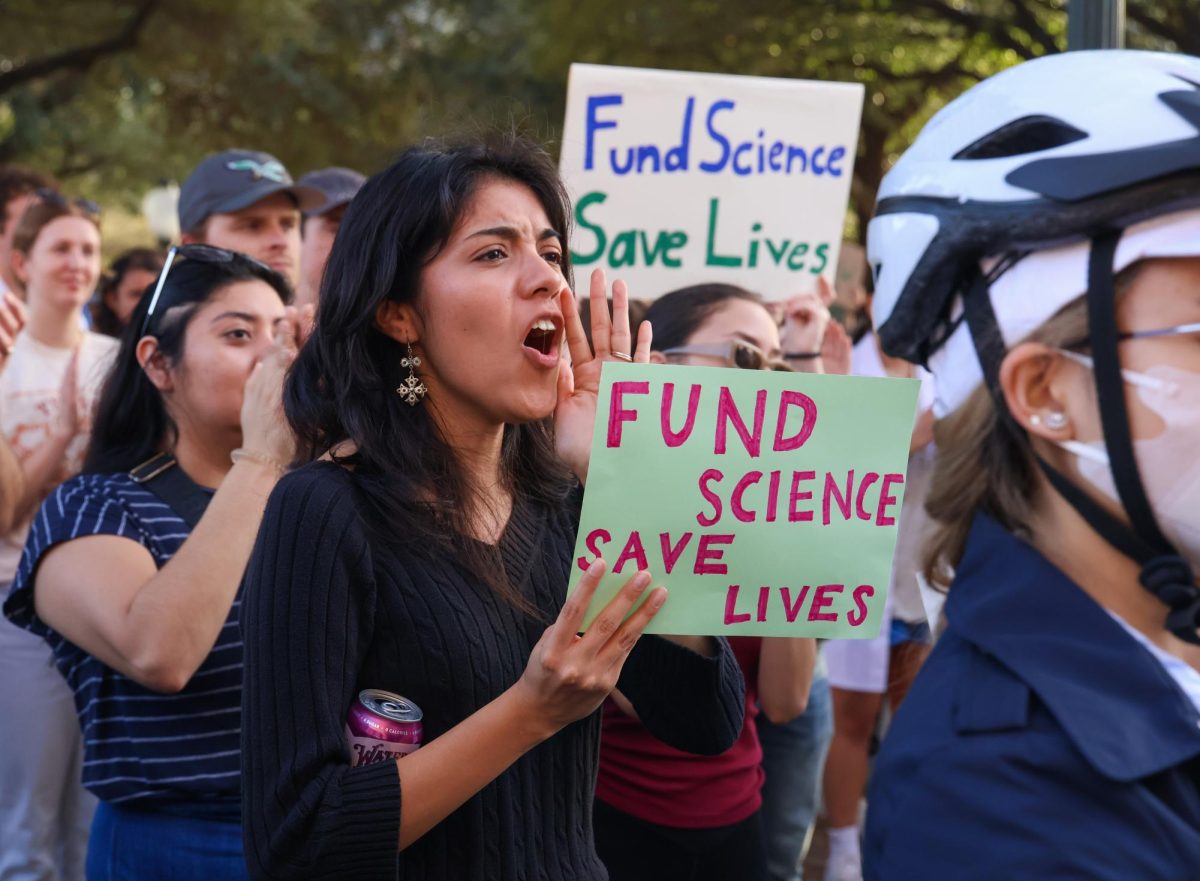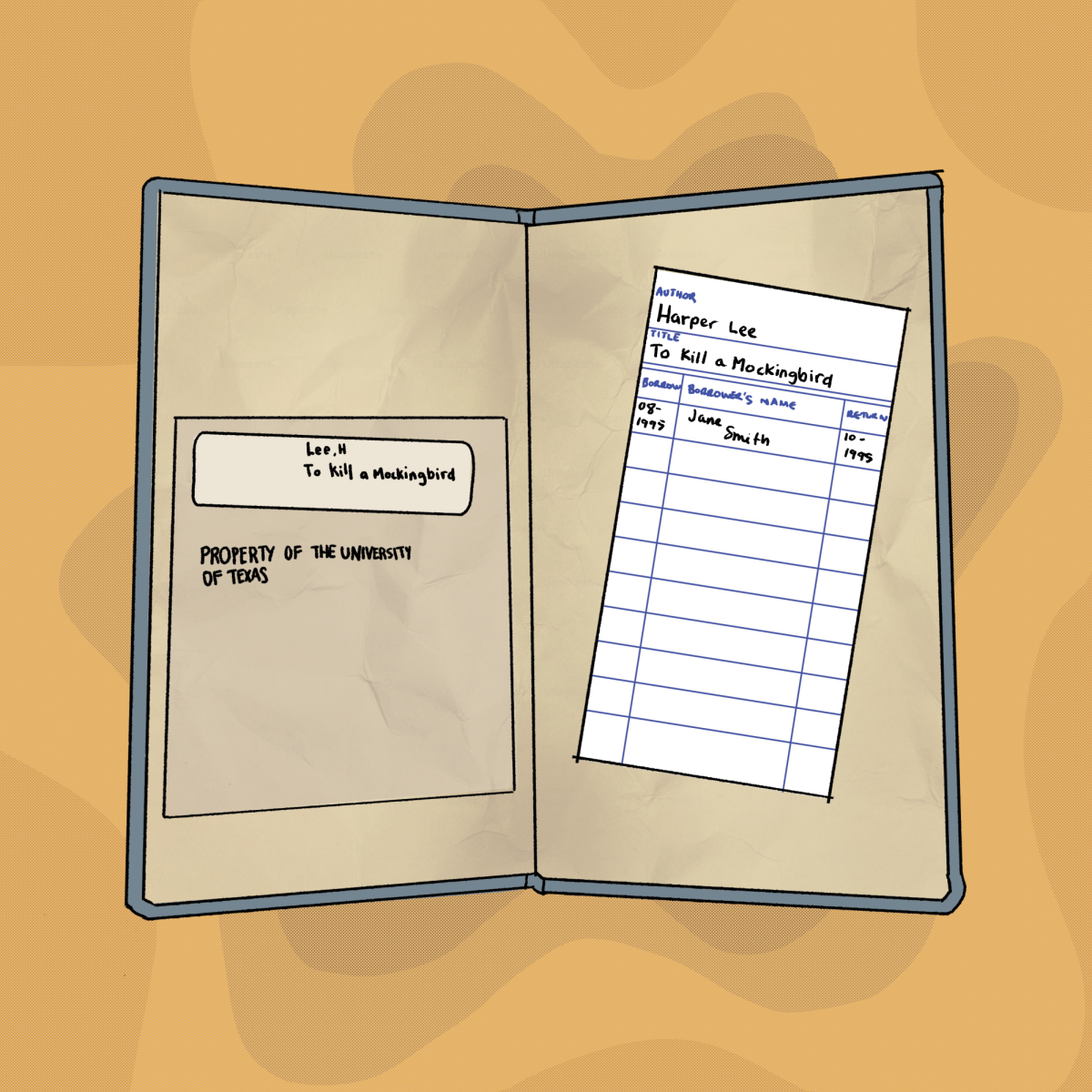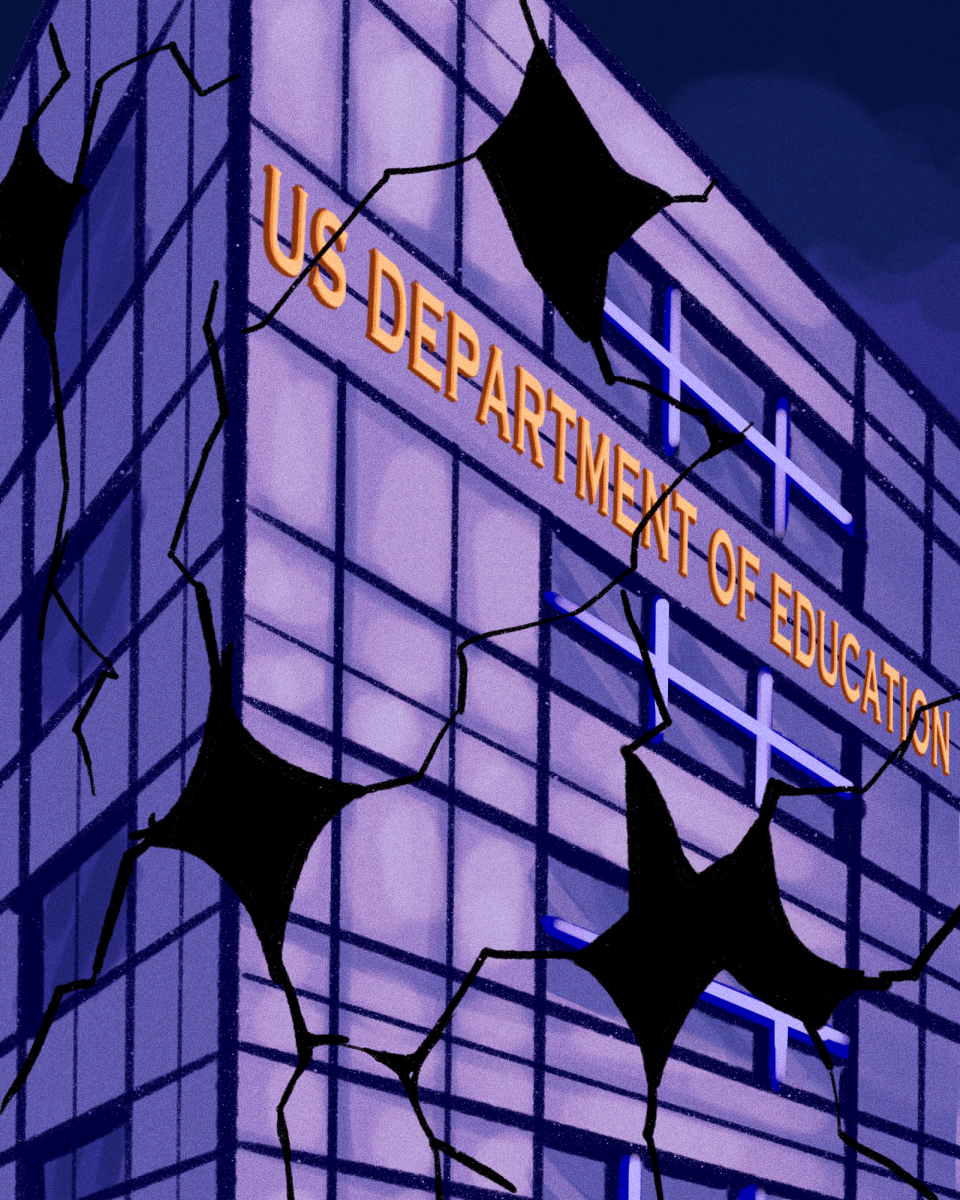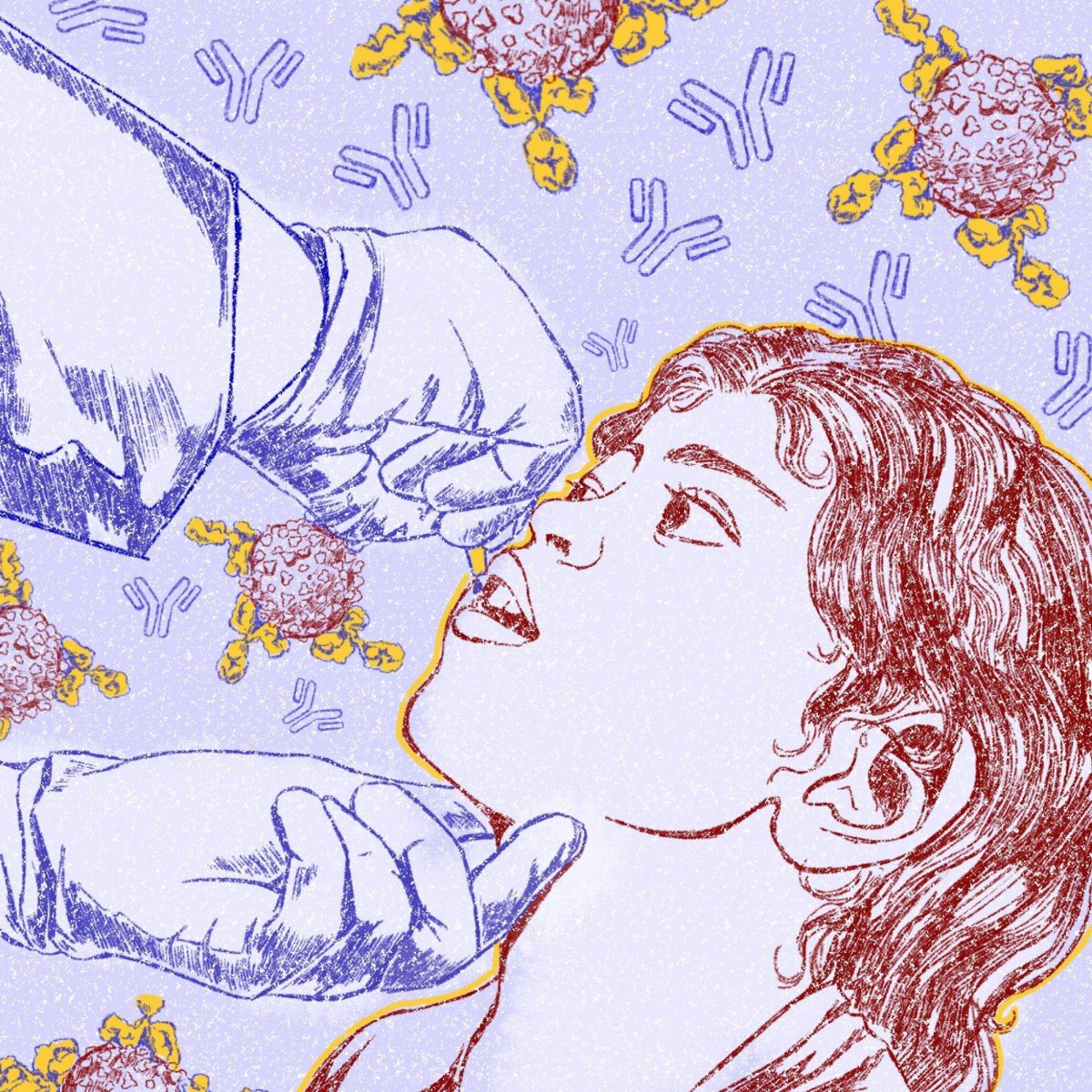The Austin Police Department has one of the highest rates of police shooting people suffering from mental health issues, according to a report released by the School of Law Human Rights Clinic and the nonprofit Austin Community Law Center.
The report, released last Tuesday, found that one-third of the 24 people killed in APD shootings from 2010 to 2016 had a confirmed mental illness. That rate gives Austin the highest per capita rate of deaths in police shootings during mental health calls among the 15 largest U.S. cities, according to the report.
Brian McGiverin, executive director of the ACLC, said Austin is violating international human rights standards.
“What sets Austin apart from other cities is that they haven’t taken many proactive steps to deal with (the number of shootings),” McGiverin said. “You know people are dying, you know the means to which to stop it, you know it’s achievable and then you don’t intervene. That’s a human rights violation.”
APD recorded an additional 20 shootings where an officer shot a person with a mental illness, but the person survived, according to the report.
None of the shootings in the report were attributed to the UT Police Department. UTPD spokesperson Noelle Newton said 63 of 102 UTPD officers completed the optional 40-hour Mental Health Officer Certification Training.
“It happens quite often where we actually get what seems like a routine call unrelated to mental health and when we get there, we are actually dealing with a mental health consumer,” UTPD officer Chad Garton said.
The training is only one example of how UTPD deals with mental health calls, Garton said.
“We have a very close relationship with Student Emergency Services to get students any kind of help they need,” Newton said. “We also have a Victims Advocate Network … where faculty and staff volunteer to be on call 24 hours a day to help people in distress.”
In September, The Daily Texan reported that APD expanded the mental health training to include 40 additional hours of crisis intervention training. McGiverin said Austin City Council needs to create more civilian mental health support.
Texas ranks No. 47 out of the 50 states in providing mental health services and continues to cut the budget for services each year, according to the report.
“Shootings are just the tip of the iceberg,” McGiverin said. “It’s going to be a multi-year process to fix everything.”

